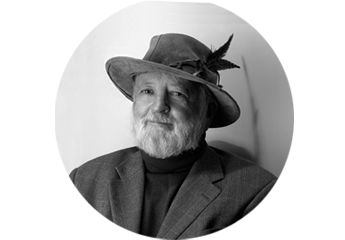An English writer who had a novel published, with scant publicity from his publisher, had a plan. He would bring copies of his book from bookshop to bookshop to generate sales. In confidence he told me of his experience.
The publisher’s wholesale price was £7.50. Because he was the author he would be allowed a discount of between 35% – 40%. They settled on 40%. This meant he could buy copies of his book for £5 (ignore the pennies). He bought several hundred copies to test out his plan, and went from bookshop to bookshop.
Some shop owners took two copies ‘to see how things would go’. Others agreed to take as high as ten copies. These were exceptional. All deals were on the understanding of ‘sale or return’. And all demanded 35% on the retail price.
The retail price was critical if the author was to make a worthwhile return. So where to set the retail price? Too high a price and ‘sale or return’ would loom large. He settled on £9.99 (say £10). Out of this the shop would take £3.50, and with the wholesale price to him of £5, this meant that for each book sold the author would get £1.50. Compared to the ‘take’ of the others it seemed little indeed.
His difficulty was compounded further when he factored in his ‘time’ spent going from shop to shop, some at considerable distance from his home. And when he considered the transport costs in making deliveries, and the cost of return journeys to pick up unsold copies – the whole adventure became questionable.
His experience? He would never go that route again. It was simply not worth it.
Was he particularly unlucky, or do others have similar tales to tell? Writers benefit from hearing about such experiences. We can learn a lot from each other, so your comments would be most welcome on this, or on any other aspect of writing.
Patrick.
